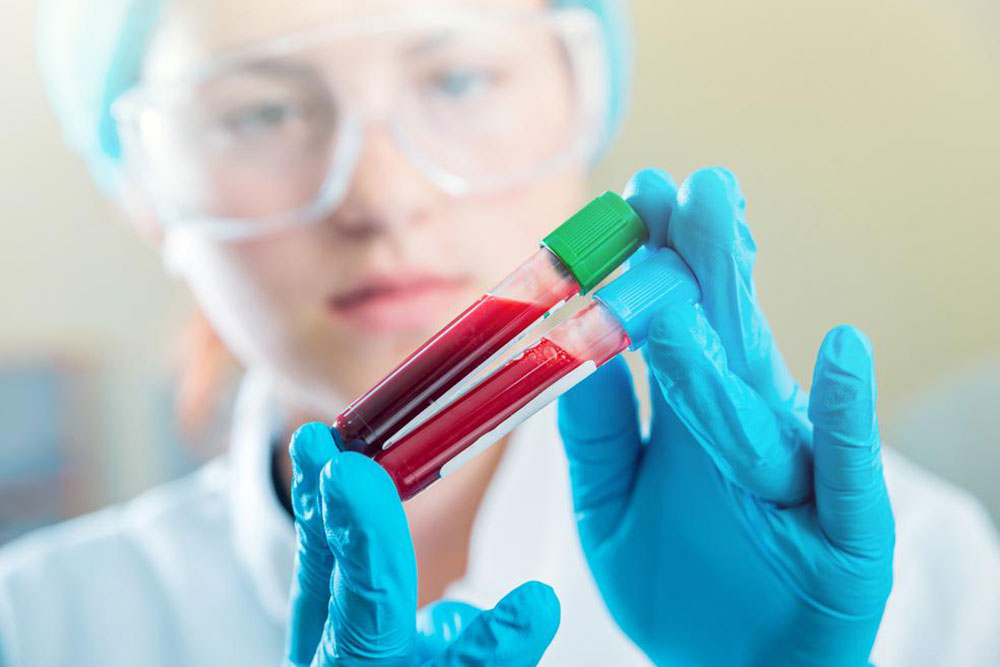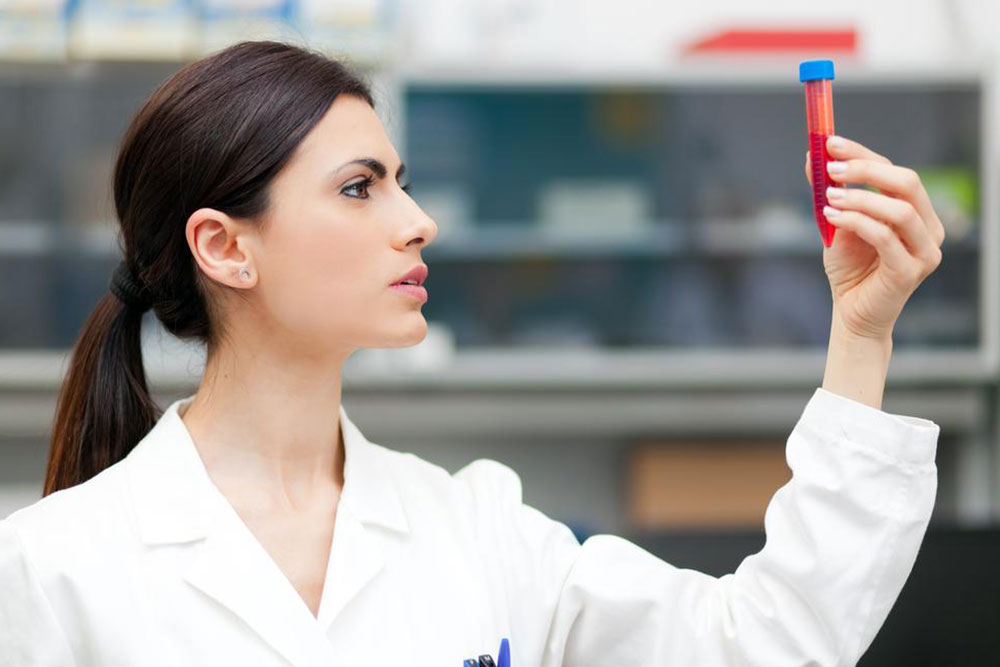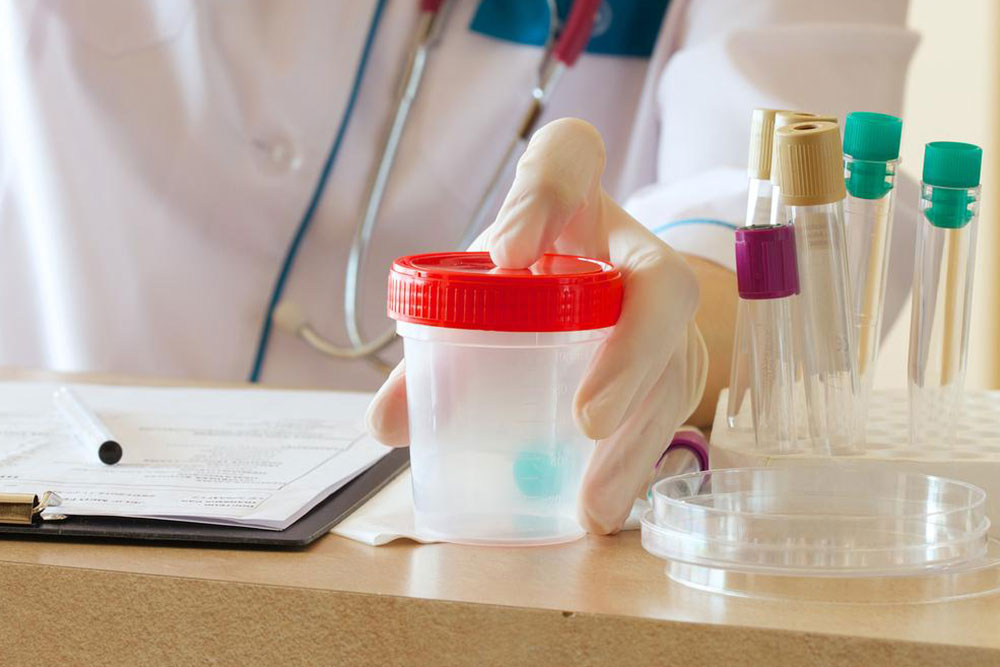Comprehensive Guide to Elevated Creatinine Levels: Causes, Symptoms, and Management Strategies
This comprehensive guide explores elevated creatinine levels, their causes, symptoms, and effective management strategies. It emphasizes the importance of regular testing, identifying underlying health issues, and adopting healthy lifestyle habits to support kidney health. Early detection and intervention are key to preventing severe kidney damage or failure, especially for individuals with risk factors such as hypertension and diabetes. Learn how to interpret creatinine levels accurately and implement preventive measures to maintain optimal renal function and overall well-being.

Understanding Elevated Creatinine: Causes, Symptoms, and Solutions
Creatinine is a crucial waste product formed when muscles metabolize creatine phosphate, playing an essential role in the body's muscle energy processes. Under normal circumstances, creatinine is constantly produced at a steady rate, depending on muscle mass, and filtered out of the bloodstream by the kidneys, then expelled through urine. The kidneys act as the body's natural filtration system, ensuring waste elimination and maintaining a delicate balance of bodily fluids and electrolytes. Doctors routinely monitor creatinine levels through blood and urine tests to assess kidney function, as abnormal levels can indicate underlying health issues.
Understanding the significance of creatinine levels is vital for early detection of kidney problems. Elevated creatinine usually signals impaired kidney function, which may arise from various health conditions. Detecting high creatinine early allows for timely intervention, potentially preventing progression to more severe kidney damage or failure. Regular health checkups, especially for at-risk populations, are essential in maintaining kidney health and overall well-being.
The blood urea nitrogen (BUN) test, along with serum creatinine measurement, forms part of routine kidney function assessments. These tests help evaluate how well the kidneys are filtering waste products from the blood. Normal creatinine levels in the blood generally range from 0.7 to 1.2 mg/dL, though this can vary slightly based on laboratory standards. For urine, daily creatinine excretion typically falls between 955-2,936 mg for men and 601-1,689 mg for women. Various factors like muscle mass, age, hydration status, and pre-existing health conditions influence these values, so interpreting results requires a comprehensive clinical context. Elevated levels necessitate further investigation to determine the underlying cause and appropriate treatment options.
Maintaining awareness of normal creatinine ranges and understanding when levels are abnormal are essential steps in proactive health management. Regular testing becomes especially important for individuals with risk factors such as hypertension, diabetes, or a family history of kidney disease. Recognizing deviations from normal levels allows healthcare providers to intervene earlier, potentially avoiding more severe complications.
Causes of Elevated Creatinine
High creatinine levels generally point to compromised kidney function, but the causes can be complex. Often, elevated creatinine indicates that the kidneys are unable to efficiently filter waste, either due to temporary issues or chronic damage. Temporary increases can result from factors such as high protein intake, dehydration, or intense physical activity, which temporarily stress the kidneys and hinder waste elimination. However, persistent elevation is more concerning and often signals underlying health problems that damage kidney tissue over time. These chronic conditions include:
Kidney infections, also known as pyelonephritis
Glomerulonephritis, which involves inflammation of the kidney's filtering units
Diabetes mellitus, particularly poorly controlled diabetes leading to diabetic nephropathy
Hypertension or high blood pressure that damages kidney blood vessels
Heart diseases such as heart failure or atherosclerosis that impair kidney perfusion
Urinary obstructions like kidney stones blocking urine flow
Acute or chronic kidney failure resulting from various causes
Understanding these causes helps in designing appropriate treatment strategies and lifestyle modifications. Early diagnosis and management can significantly slow disease progression and improve quality of life.
Signs and Symptoms
Initially, elevated creatinine levels often present without distinct symptoms, which can make early detection challenging. As kidney function declines further, patients may experience symptoms such as reduced urine output, swelling in the legs or face, presence of blood or protein in urine, shortness of breath, fatigue, nausea, persistent itching, or even seizures. These symptoms arise due to the buildup of waste products and fluid retention when the kidneys are unable to perform their filtering functions efficiently. Recognizing these signs early and seeking medical attention is crucial for effective management.
Managing Elevated Creatinine Levels
The cornerstone of managing high creatinine levels involves identifying and treating the primary cause of kidney impairment. Medical interventions may include medications to control blood pressure or blood sugar, antibiotics for infections, or procedures to remove urinary obstructions. Alongside medical treatment, lifestyle modifications play a vital role. Eating a balanced diet low in protein can reduce kidney workload, while regular, moderate exercise can improve overall health. Staying well-hydrated and avoiding excessive salt, processed foods, and alcohol also support kidney function. Patients are encouraged to adhere to prescribed treatments and follow their healthcare provider’s recommendations closely.
Preventive Tips
While some risk factors for kidney disease—such as genetics—are beyond control, adopting healthy habits can markedly reduce the risk of elevated creatinine and kidney dysfunction. Maintaining a diet rich in whole foods, with plenty of fruits and vegetables, and limiting high-protein foods can help preserve kidney health. Staying adequately hydrated, with about eight glasses of water daily, ensures that the kidneys can effectively filter wastes. Regular physical activity, like brisk walking or swimming, enhances cardiovascular health and reduces risk factors like hypertension and obesity. Routine kidney function testing, particularly for those with underlying conditions like hypertension or diabetes, ensures early detection and intervention, ultimately helping to maintain optimal kidney health over the long term.





